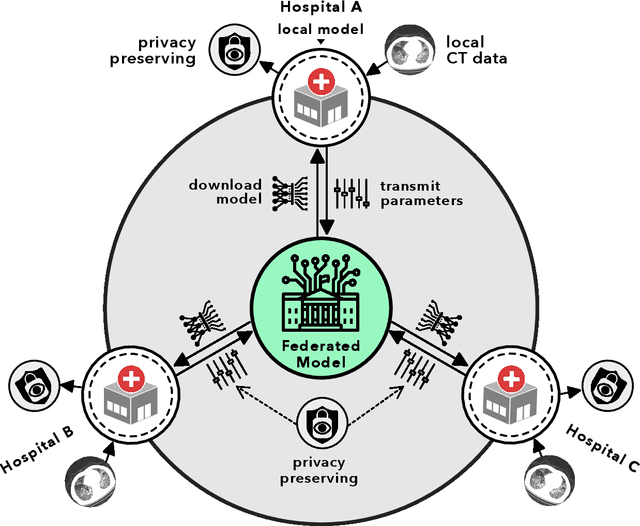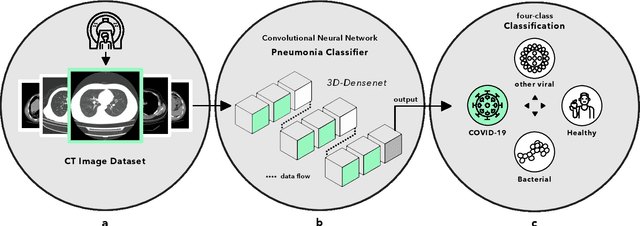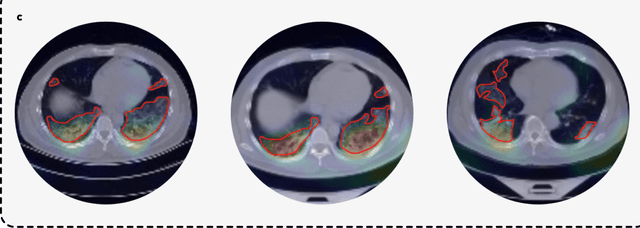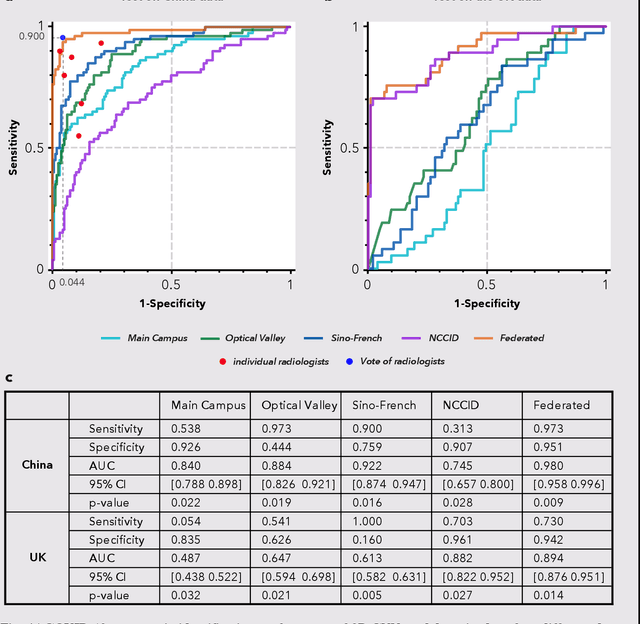Renhao Huang
Multimodal Trajectory Prediction: A Survey
Feb 21, 2023



Abstract:Trajectory prediction is an important task to support safe and intelligent behaviours in autonomous systems. Many advanced approaches have been proposed over the years with improved spatial and temporal feature extraction. However, human behaviour is naturally multimodal and uncertain: given the past trajectory and surrounding environment information, an agent can have multiple plausible trajectories in the future. To tackle this problem, an essential task named multimodal trajectory prediction (MTP) has recently been studied, which aims to generate a diverse, acceptable and explainable distribution of future predictions for each agent. In this paper, we present the first survey for MTP with our unique taxonomies and comprehensive analysis of frameworks, datasets and evaluation metrics. In addition, we discuss multiple future directions that can help researchers develop novel multimodal trajectory prediction systems.
Advancing COVID-19 Diagnosis with Privacy-Preserving Collaboration in Artificial Intelligence
Nov 18, 2021



Abstract:Artificial intelligence (AI) provides a promising substitution for streamlining COVID-19 diagnoses. However, concerns surrounding security and trustworthiness impede the collection of large-scale representative medical data, posing a considerable challenge for training a well-generalised model in clinical practices. To address this, we launch the Unified CT-COVID AI Diagnostic Initiative (UCADI), where the AI model can be distributedly trained and independently executed at each host institution under a federated learning framework (FL) without data sharing. Here we show that our FL model outperformed all the local models by a large yield (test sensitivity /specificity in China: 0.973/0.951, in the UK: 0.730/0.942), achieving comparable performance with a panel of professional radiologists. We further evaluated the model on the hold-out (collected from another two hospitals leaving out the FL) and heterogeneous (acquired with contrast materials) data, provided visual explanations for decisions made by the model, and analysed the trade-offs between the model performance and the communication costs in the federated training process. Our study is based on 9,573 chest computed tomography scans (CTs) from 3,336 patients collected from 23 hospitals located in China and the UK. Collectively, our work advanced the prospects of utilising federated learning for privacy-preserving AI in digital health.
 Add to Chrome
Add to Chrome Add to Firefox
Add to Firefox Add to Edge
Add to Edge